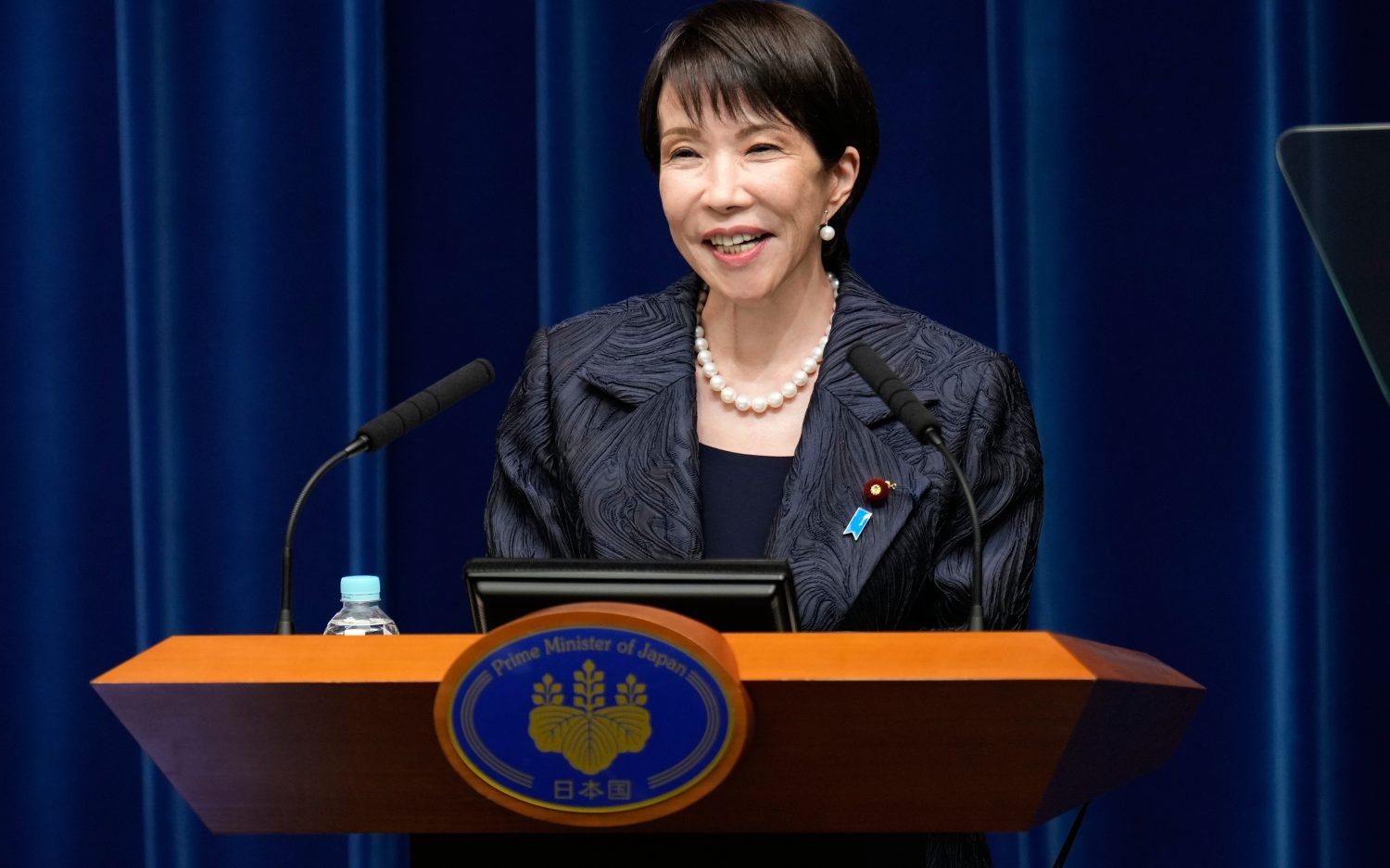GOP takes on Gitmo
Republicans leverage the Obama administration's uncertainty in how it will close down Guantanamo Bay
WASHINGTON-With Obama administration officials offering few concrete details on disbursing detainees from the Guantanamo Bay military prison, Republicans are arguing that the president can't follow through on his promise to close the military prison by January 2010 and simultaneously preserve national security.
"We are trying to solve an image problem at the expense of American lives," said the ranking Republican on the House Judiciary Committee, Rep. Lamar Smith, on Thursday.
This week the Democratic chair of the House Appropriations Committee, David Obey of Wisconsin, presented a budget that did not include any funds to close the facility-the president had requested $80 million in his budget for that purpose. Obey told reporters that though he supports closing the facility he wasn't going to allocate money for a "theoretical program."
"When they have a plan, they're welcome to come back and talk to us," he said.
Senate Majority Leader Harry Reid said Tuesday, "I agree it would be better if we had specifics." Still, the chair of the Senate Appropriations Committee, Daniel Inouye, D-Hawaii, has said he will include the funding to close the facility in the Senate version.
Republicans, however, point out that the national security clock is already ticking. Since the Supreme Court ruled that the Guantanamo detainees have habeas corpus rights, prisoners can't be held indefinitely without trials and will be released into the United States if other countries refuse them. So far Britain has taken one prisoner this year, and France has agreed to take another. Thirty detainees are currently slated for release, and that number is expected to grow.
The Republican leadership rolled out a bill Thursday addressing the issue of detainees in the United States, requiring approval from state legislatures and governors before any detainees can be transferred to their jurisdictions-approval that few state politicians are likely to give. The lawmakers supporting the bill said they flat out oppose transferring detainees to the United States on grounds of national security.
On the Senate side, Minority Leader Mitch McConnell has been on the offensive concerning Guantanamo for the last several weeks. On the Senate floor Thursday he said, "Americans like the fact that we haven't been attacked at home since 9/11, and they don't want the terrorists at Guantanamo back on the battlefield or in their backyards."
Attorney General Eric Holder, who is overseeing the dismantling of Guantanamo, defended the administration's attention to national security at a Thursday hearing in the Senate.
"The paramount concern we will have is the safety of the American people," he said. The chair of the appropriations hearing, Sen. Barbara Mikulski, D-Md., asked when the prisoners could begin to leave Guantanamo.
"I'm not sure," said Holder. "We're doing this on a rolling basis."
Out of the administration's budget, $30 million of $80 million would go to the Justice Department to help close the prison. Holder said the amount was so high because of the sensitive security required for each of the remaining 241 detainees.
"These are not just any old prisoners," he said.
Rep. Pete Hoekstra of Michigan, the ranking Republican on the House Intelligence Committee, argued that because many of the detainees have terrorist ties, Guantanamo is a good place for isolating them and protecting the identities of guards at the base.
"That all fundamentally changes when you take them off of an island and plunk them down in Michigan or in Kansas," he said.
Some detainees still in Guantanamo, like 17 Uighur Muslims, have been designated as non-enemy combatants for years. The Uighurs cannot return to their own country of China because as a religious minority they face possible imprisonment or execution, and finding asylum for them in other countries has proven difficult.
Last month Holder offered the first announcements on detainee releases in a speech in Germany, which caused Republicans to protest that the administration neglected to inform the American people prior to letting foreign audiences know.
"None of these detainees should be moved to the United States until the president has had a conversation with the American people," said House Minority Leader John Boehner.
The Bush administration released around 500 detainees from Guantanamo, and the Department of Defense estimated at the beginning of the year that 11 percent had returned to terrorist activities.
An actual newsletter worth subscribing to instead of just a collection of links. —Adam
Sign up to receive The Sift email newsletter each weekday morning for the latest headlines from WORLD’s breaking news team.





Please wait while we load the latest comments...
Comments
Please register, subscribe, or log in to comment on this article.